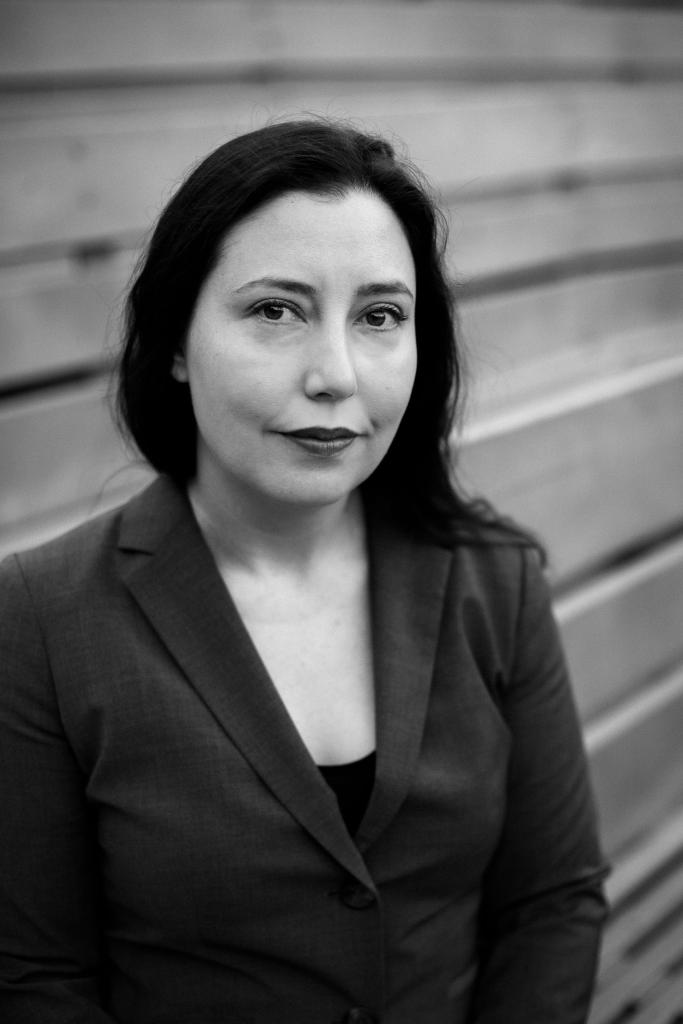 Name: Alyssa Ribeiro
Name: Alyssa Ribeiro
Degree: B.S. HTS 2004
Job title, company, and location: Henry A. Logan Senior Professor of American History at Allegheny College in Meadville, Pennsylvania
1. What do you do?
I am a historian of late 20th-century U.S. cities. I teach undergraduate courses on subjects such as urban history, environmental history, and police-community relations. I conduct archival research focused on social movements, especially among Black and Latino communities, and publish those findings in journal articles, book chapters, and other formats. Recently, I have also stepped into a leadership role among faculty on my campus.
I am currently completing a book manuscript about multiracial community activism in Philadelphia between the 1960s and 1980s titled Making the City Brotherly. I show how progressive Black, Puerto Rican, and white activists drew upon the legacies of 1960s anti-poverty programs and worked together to soften the impacts of deindustrialization, budget cuts, and a rightward shift in national politics.
They scored some surprising local victories along the way, such as preserving access to Head Start classes, lowering consumer costs for winter heat, and facilitating the transfer of vacant houses to needy families. Put simply, my work makes Reagan's America look more like the hotly contested political battlefield that it was.
2. What's the coolest part of your job?
I get to introduce people to more of the inner workings of racial, ethnic, and class barriers in shaping U.S. cities over time. For instance, one of my favorite topics to discuss with students is how residential segregation arose through policies and actions of multiple stakeholders including local and federal governments, the homebuilding, banking, and real estate industries, and homeowners themselves. I believe this is a step toward helping to explain the world we currently live in.
3. Why are you passionate about it?
I want more people to have a better understanding of why we currently face challenges such as extreme racial wealth gaps, a crisis of housing unaffordability in many U.S. cities, and serious political polarization. None of these dynamics are entirely new but are deeply connected to policies and decisions made decades earlier.
4. Which skills from your IAC degree have helped you be successful in this career?
My IAC degree helped me become an effective researcher and an even stronger writer. Serious consideration of the role of technology in shaping society has also helped me become a better historian overall.
5. What's your #1 tip for students and alumni interested in your field?
Higher education is changing rapidly, so I would caution anyone interested in pursuing an academic career to:
- Go in fully informed as to academic job prospects.
- Keep broadening your skillset and network.
- Be open to many other types of work that you may also find satisfying.
See what more of our History and Sociology alumni are up to!
